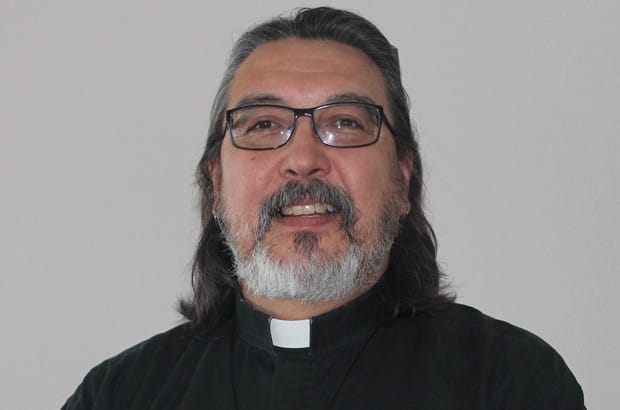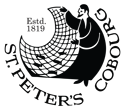The Pikangikum Water Project
Pikangikum is a remote fly-in First Nations’ community in Northern Ontario. It has a population of about 2200, half of which are youth. Pikangikum was brought to international attention in 2011 as having the highest global suicide rate due to a wave of youth suicides.
Many homes are without water and wastewater facilities. The ultimate goal is to upgrade 10 homes per year during seasonal weather. This is a long-term project. Local people are being given the skills/labour training and jobs to support the system.
All funds donated are forwarded through PWRDF (via St. Peter’s) in support of clean and accessible water for the Pikangikum First Nation Reserve in Northern Ontario.
Through financial support from St Peter’s homes in Pikangikum have received life-changing clean water facilities.
Mary Lou Adams and Jan Stapleton are the St. Peter’s representatives on the Group working to meet the urgent needs in Pikangikum. Regular updates are posted on the bulletin board in the hallway of St Peter’s.
Testimonies
– Shawn Atleo, Former National Chief of the Assembly of First Nations in Canada, said “These families who have received clean water have had their dignity restored.”
– A Public Health Nurse commented that “Once a family has access to clean water, the incidence of skin rashes and scabies disappears, and overall health improves.”
To donate at St. Peter’s Anglican Church, Cobourg: Please make cheque payable to St. Peter’s Anglican Church, marking the memo line with “Pikangikum Water Project”. Cards are available for gifts “in honour of” or “in memory of” at the Church office when you make a donation. Contact the Church office or Mary Lou Adams via her E-mail adamsml@cogeco.ca.

National Indigenous Anglican Bishop Chris Harper
“Jesus is portrayed in scripture … (as) very interested in every person, even those who seem far away from him. He gives his life for the people, in sacrificial love.”
UN Declaration on the Rights of Indigenous Peoples, Article 21, Paragraph 1: “Indigenous peoples have the right, without discrimination to the improvement of their economic and social conditions, including inter alia, in the areas of education, employment, vocational training and retrainng, housing, sanitation, health and social security.”
